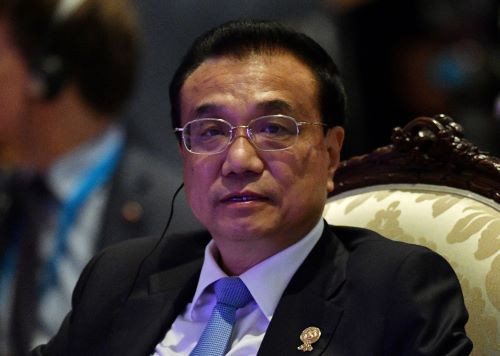Last Sunday, China's Premier Li Keqiang proposed that the country should expand its horizons and open its financial sector further. The move would improve the overall performance of China's foreign trade and investment.
Li claimed that stabilizing the overall performance of China's foreign trade and investment is substantial to support the Chinese economy and prevent the global economy from recession. He also noted that employees would also be directly improved by the initiative.
The premier also highlighted the efforts to ensure economic stability with China's six fronts and security in six areas. These include food and energy security, basic living needs, job security, operations of market entities, stable industrial and supply chains, and the normal functioning of primary-level governments. These would promote higher-level opening-up of the financial system.
Li also suggested that the establishment of new measures would keep foreign trade and investment in China stable. These would include increasing governmental support to small, medium, and micro-sized firms, including labour-intensive firms. At the same time, the initiative would also contribute to the betterment of foreign trade enterprises and enhance their ability to solve problems to keep employment stable.
The improvement of the implementation of export-tax rebates was also discussed at the symposium. The said implementation would strengthen the funding support for financial institutions to ease their liquidity difficulties and improve their services to foreign trade enterprises. This move would promote better customs clearance facilitation reform and the optimization of services for these enterprises.
Communications and coordination efforts with relevant countries would also be strengthened. These include the unblocking of international freight transport channels and fast-track tourism to provide the convenience of business travellers.
Furthermore, Li also encouraged foreign trade companies to hasten the transformation, upgrade, and improve their quality of services. He also urged them to provide added-value of export products, and at the same time, accelerate the development of cross-border e-commerce, online trading, and other new models. These efforts would boost foreign trade between China and other countries.
International cooperation in multiple areas and levels was also under the agenda. The opening-up of China would include efforts to be applied to the service sector, especially those involved with the high-end service industry. This would be further expanded to establish a market-oriented, law-based, and internationalized business environment.
Lastly, the premier also stressed on optimizing preferential policies that would attract more foreign investors into China. These include the establishment of substantial efforts that would keep industrial and supply chains consistent and stable.





